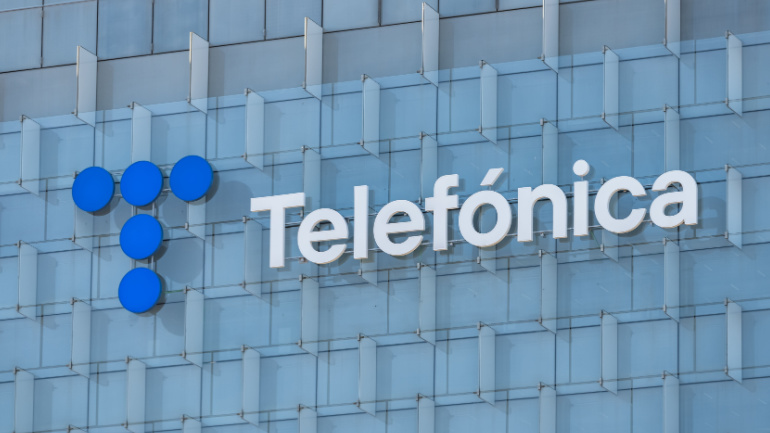Spanish telecom giant Telefonica and Digi have signed a 16-year mobile network agreement effective January 1, 2025. This deal enhances their collaboration, covering National Roaming and RAN sharing services. By leveraging Telefonica’s superior infrastructure, Digi can transition from an MVNO to a full-fledged MNO, ensuring high-quality VoIP services.
Telefónica and Nokia have announced a partnership aimed at leveraging 5G Standalone (SA) capabilities to enhance network APIs, thereby supporting developers in crafting innovative use cases for consumers, enterprises, and industrial sectors. This collaboration will see Telefónica utilizing Nokia’s Network Exposure Function (NEF) to provide developers access to various advanced 5G network features.
Ericsson and Telefónica Germany have announced the extension of their core network partnership. This collaboration, involving Ericsson’s dual-mode 5G Core and cloud infrastructure solutions, currently supports mobile connectivity for 45 million O2 Telefónica subscribers. It spans multiple network generations including 5G Standalone (SA), 5G non-Standalone (NSA), 4G, and 2G.
Telefónica, a leading telecommunications operator, has sealed a fresh agreement with tech giant Google Cloud aimed at turbocharging Telefónica’s journey into cloud adoption and AI-driven innovation. The deal, which extends the strategic collaboration between the two entities for another three years, is poised to usher in a wave of advancements across various fronts.
Telefonica, a leading international mobile operator, has made a strategic investment in Mitiga Solution, a pioneering firm dedicated to the management of climate-related risks. This move signifies a major step in combining advanced climate science with artificial intelligence to offer innovative solutions for assessing environmental risks.
Telefonica triumphs in securing exclusive rights to broadcast elite Spanish football through their Movistar Plus service, committing an eye-watering €1.29 billion for this privilege till the 2026-27 season. They’ve successfully navigated past Spain’s competition regulator’s conditions, opening a window of opportunity for their substantial investment.
Telefónica’s recent release of a green bond, valued at €1,750 million, experienced an impressive demand. The bond’s oversubscription tripled, indicating keen investor interest in the telecommunication giant’s ecological endeavors. The bond, which will fund projects aimed at modernizing both fixed and mobile telecom networks, is aligned with Telefónica’s goal of dedicating roughly 40% of total funding to ESG criteria by 2026, underpinning the company’s pledge to integrate environmental and financial sustainability.
Telefónica, the notable Spanish telecom giant, is hinting at sizable workforce reductions. Yet, figures conflict between reports, leaving uncertainty about the affected employee count. Amidst global economic instability, these layoffs align with Telefónica’s strategic shift to prioritize cash generation and operational excellence. Such a move echoes other industry leaders’ recent job cuts, suggesting a broader trend.
In an intriguing shift, Telefónica, the Spanish telecom titan, is exploring potential profits from selling its Tech unit, stirring up future predictions. Insider details reveal engagement with multiple financial institutions and a goal to retain majority control, a factor that might affect investor incentive. Amid this, the Tech division’s impressive financial growth and its strategic significance in enterprise technology are undeniable.
Telefonica embarks on a bold plan to revitalize its cash flow and revenues. In a strategy termed ‘GPS’, it plans to amplify free cash flow generation, while also targeting significant growth in various sectors like retail and digital services. Interestingly, the plan marries stringent financial targets with the crucial aspect of digital transformation – an ambitious endeavor that could redefine the company’s standing moving forward.













